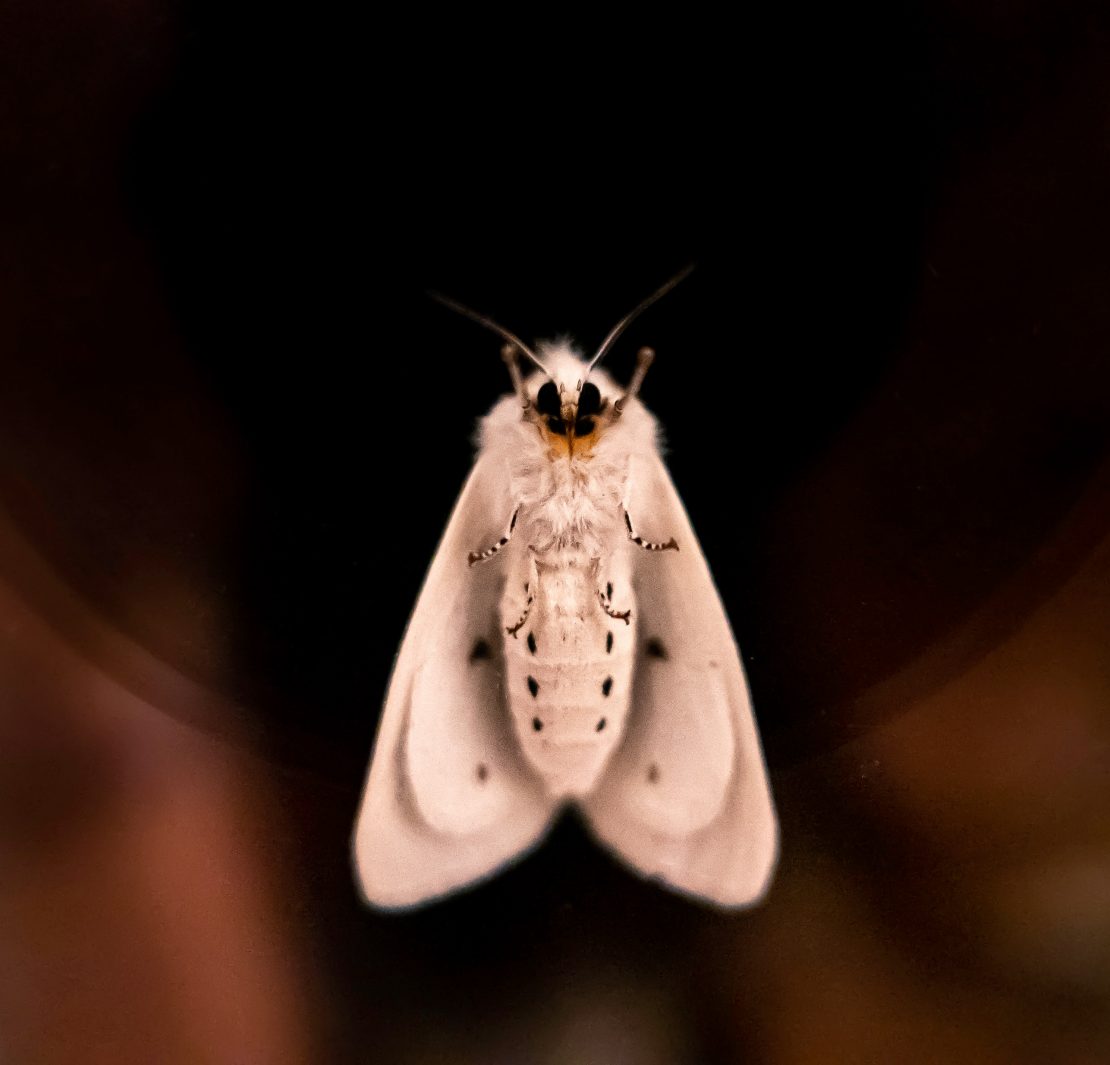The Entomological Society of America has announced that the insect species scientifically identified as Lymantria Dispar and Aphaenogaster Araneoides shall no longer be termed “gypsy moths” and “gypsy ants”, respectively. As both these common insect names contain derogatory slurs towards Romanian people. In June, the ESA governing board deemed the usage of the common names as disparaging. Resulting in the removal of both the names from the ESA’s Common Names of Insect and Related Organisms List.
Insect Experts Will Change The Name Of The ‘Gypsy Moth’ And ‘Gypsy Ant’ https://t.co/CvrsV5Rusq
— NPR Science Desk (@nprscience) July 10, 2021
Better Common Names Project: A New Initiative
The ESA’s Better Common Names Project is a constructive attempt to correct past mistakes. The initiative will seek comments from the public on the ESA’s common name list. Based on the responses, they will create working groups to generate and recommend new common names as needed.
In March 2021, the ESA Governing Board laid down new rules on permissible common names of insects. These regulations forbid names that relate to ethnic or racial groups, as well as names that may cause fear; they also discourage geographic references, particularly in the case of invasive species.
The revisions coincide with the beginning of a new ESA initiative. As per this, they aim to examine and replace common names that are potentially unpleasant or unsuitable. As a result, the general public is being invited to assist identify insects that promote negative ethnic or racial stereotypes and offer new names for them.
Public Reactions
As per The New York Times, while it’s about time for a change. To many in the scientific community, the news comes as a pleasant surprise.
Michelle S. Smith, President of the ESA, stated, “we’re working to ensure all ESA-approved insect common names meet our standards for diversity, equity and inclusion.”
These names silently prolong the usage of insults that have otherwise vanished from everyday conversation. While the ESA is removing the two names right away, the move is part of a wider effort to rethink insect common names in general.




Warning: Use of undefined constant ‘url’ - assumed '‘url’' (this will throw an Error in a future version of PHP) in /var/www/html/wp-content/themes/theissue/functions.php on line 143
Warning: Use of undefined constant ‘url’ - assumed '‘url’' (this will throw an Error in a future version of PHP) in /var/www/html/wp-content/themes/theissue/functions.php on line 143